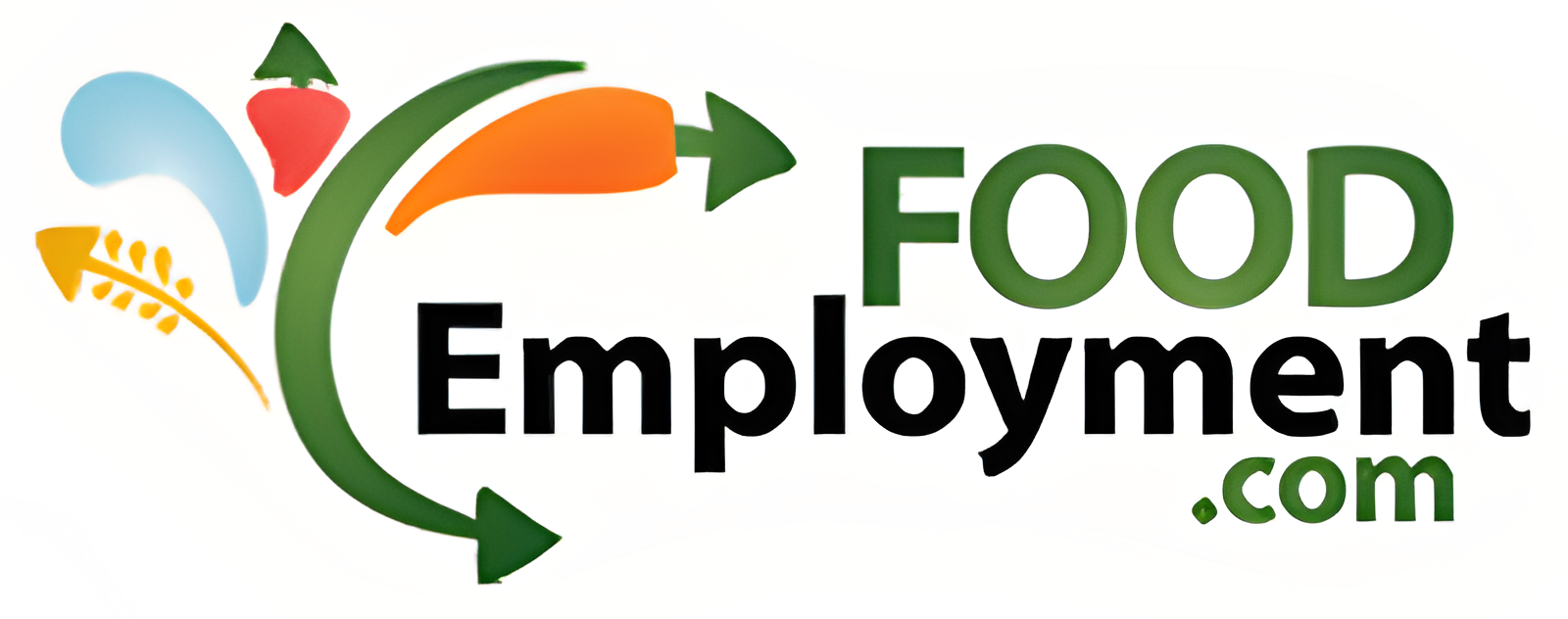Interviewing but not getting offers? Use this checklist!
I’m interviewing but not getting any offers.. Why am I not getting hired?
You’ve gone through a dozen interviews, but haven’t received a single offer. What’s the problem? Is it your age or gender? Is there something wrong with your resume? An undiagnosed case of halitosis? Or are hiring managers just so incompetent that they’re blind to your obvious qualifications? Before you jump to any wild conclusions – especially if those conclusions revolve around the incompetence of others – let’s take a look at what you might be doing wrong.
Before we go any further, let me remind you that the entire role of a hiring manager is to do just that: to hire people. They are looking for the person(s) best qualified to fill a given role. If you aren’t getting any offers, it’s time to take a look at the way you’re marketing yourself. Ask yourself the following questions, and you might realize that there’s a little (or a lot of) room for improvement.
Was your application/resume complete and accurate?
The questions on an application form aren’t there just for fun – and answering isn’t optional. Leaving fields blank gives the impression that you are hiding something. It’s better to be honest than to inadvertently make yourself look cagey.
By the same token, make sure that all of your info is completely accurate. You might be tempted to inflate your tenure or your salary at a previous position; but this is never a good idea. Some employers will verify your employment history. Obviously, any indiscretions aren’t going to make you look like a worthwhile candidate.
Always tweak your resume to fit the job you’re applying for. Use key words to emphasize those traits and experiences listed on the job description/job posting. Recruiters sort through dozens of resumes daily and may pass on your resume/application if they don’t see the key core competencies required for the position. Be sure to always customize your resume to align closely with the required job requirements for best results.
Were you prepared for the interview?
You may have held similar food processing jobs, but all careers in food are a little different. Don’t assume that you are a shoo-in for a position just because you have sufficient industry experience. Take a little time to learn about the company you are interviewing with so that you can answer (and ask) questions confidently and knowledgeably.
Were you appropriately dressed?
Don’t discount the importance of first impressions. It doesn’t matter if the position won’t require a suit and tie on a daily basis. You should wear one to the interview anyway. If you show up in less-than-professional attire, don’t expect your interviewer to be overwhelmed by your industry skills.
Along these lines, most employers will avoid hiring anyone who might pose a distraction in the workplace. Remove any unusual piercings and make sure that any tattoos are covered.
Were you punctual and polite?
You might be brilliant and highly skilled. You might even be perfect for a particular job opening. But if you don’t pay attention to basic interview etiquette, you’ll never get past an initial interview. Be polite to everyone you meet, including receptionists, secretaries, and even janitors.
Try to arrive five minutes early so that you have time to catch your breath and collect your thoughts. Do NOT, however, arrive more than 15 minutes before your scheduled interview, as this can be just as damaging to your image. Arriving too early or too late sends the message that you think your time matters more than that of the employer or hiring manager.
Did you establish your value?
If you go through an interview focused solely on what you might gain, you can expect a hiring manager to pick up on this. While you do need to consider an opportunity based on its individual merits and flaws, a “what’s in it for me” attitude may eliminate the opportunity altogether. Remember that a hiring manager is looking for someone who will add value to the company, so make sure that you clearly establish your worth during the interview. Consider questions carefully, and be confident (though not arrogant) in your answers.
Did you show enthusiasm and interest in the position?
No one expects you to be turning cartwheels in your zeal for a job; but you should clearly show interest and enthusiasm if you hope to be considered. Always show energy, interest and passion when communicating with a hiring manager/hiring authority! You may not be effervescent by nature, but if you seem indifferent or uninterested, you’ll be considered an unlikely candidate. Make the effort to show a bit of enthusiasm for the job, and you’ll see the difference.
Were you truly qualified?
It’s great to be optimistic when you’re looking for careers in food; but if you’re not getting any offers, and nothing else seems to be the problem, then maybe you need to reevaluate your job goals. Take a good, hard look at your skill set and see if your skills match up with the jobs you’ve been applying for.
Remember: It’s Not Always You
If you’ve been doing everything right and feel you’re qualified, rejections will still happen. Don’t spend too much time agonizing over lost opportunities, instead, get back on the horse and find new opportunities with even better companies. Keep doing things right, and soon enough, you’ll be the chosen candidate! Good luck.
Looking for careers in food or need to partner with an Executive Recruiter dedicated to the food and beverage manufacturing industry? Contact Foodemployment.com at: jobs@foodemployment.com or call 239-839-2914



